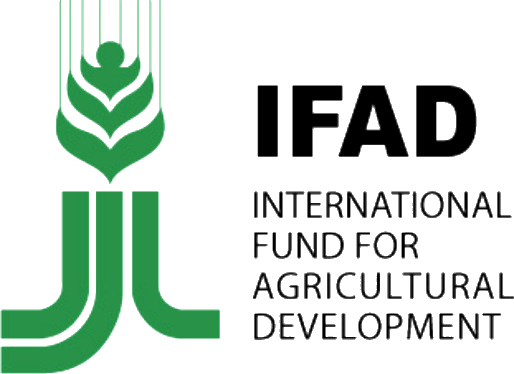
The Ghana Agricultural Sector Investment Programme (GASIP) has held a five-day training programme for smallholder farmers on sustainable farming through the adoption of conservation agriculture at Amanchia in the Atwima Nwabiagya Municipal Assembly in the Ashanti Region.
The participants were drawn from six regions, namely, Northern, Northern East, Upper East, Upper West, Bono and Bono East.
In all, 48 participants made up of 36 farmers and 12 extension officers took part in the programme aimed at equipping them with sustainable farming and conservation skills.
The farmers were taken through topics such as concepts of conservation agriculture and principles, land preparation and planting, soil health, weed control, farm business management and gender.
Module
GASIP is a government of Ghana programme designed to provide a framework for a long term financing engagement for private sector led pro-poor agricultural value chain development.
It is being implemented by the Ministry of Food and Agriculture with support from the International Fund for Agricultural Development (IFAD).
Addressing the participants, Dr Edmund Kyei Akoto-Danso, the Climate Change and Adaptation Manager at GASIP, said building climate change resilience was an integral part of the programme, adding that the main objective was to mainstream adaptation strategies into value chain interventions in the agricultural sector.
According to him the primary focus was the demonstration and promotion of conservation agriculture and other climate-smart agriculture practices.
This, he said, was to ensure sustainable production systems and also improve the resilience of smallholder farmers against the negative impacts of changing climatic conditions.
Demonstration fields
Dr Akoto-Danso said that under the activities of the Climate Change Resilience sub-component of the programme, over 500 hectares of conservation agriculture fields would be established in 10 districts in the Northern, North East, Upper East, Upper West regions.
He said one district each in Bono and Bono East regions would also have demonstration fields by December this year.
In all, he said, over 3000 smallholder farmers would directly benefit from the demonstration fields by the end of the year.
A participant, Mr Sulemana M. Zaapayim from Dulzugu in the Kumbungu District, expressed gratitude to the organisers for the initiative, which he said would greatly help small holder farmers to cope with the changing climate in order to remain in business.




